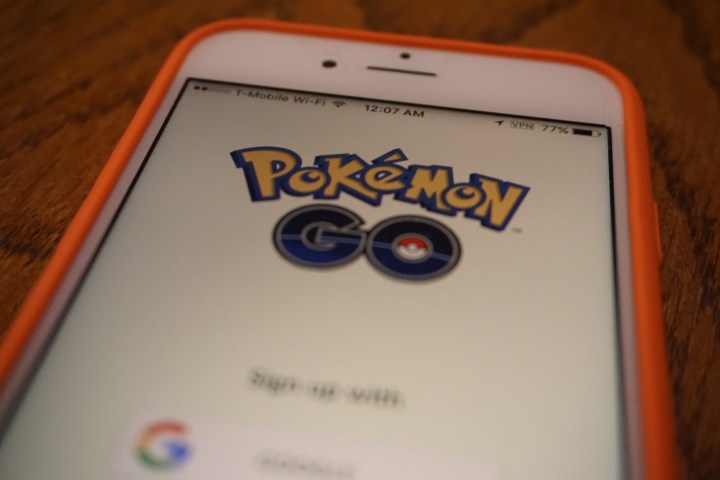
That’s because on Thursday evening, server overloads caused Niantic Labs — which created the massively popular game Pokémon Go with Nintendo and The Pokémon Company — to halt its international rollout to countries including the United Kingdom and the Netherlands.
While Pokémon trainers in these countries will find themselves a step behind their counterparts in other regions around the world, Niantic CEO John Henke told Business Insider yesterday that the company is aware of the problem and is working quickly to resolve the issues.
The international rollout will be “paused until we’re comfortable,” Henke told Business Insider, adding “we thought the game would be popular, but it obviously struck a nerve.”
Henke might be making an understatement — the game took the top spot in U.S. iPhone revenues in half a day, as BGR and Forbes writer Tero Kuittinen pointed out yesterday afternoon.
Massive shocker – "Pokemon GO" hit Number 1 on US iPhone revenue in half a day. This simply does not happen. pic.twitter.com/ZjHNzcZgFc
— Tero Kuittinen (@teroterotero) July 8, 2016
And the game’s popularity doesn’t just mark a success for the game developers — it’s a huge milestone for augmented reality-based games, as other apps with similar features (Niantic’s Ingress, to name one) failed to catch on.
Ingress came out in 2013, when AR technology was geared towards insiders and not as accessible to the average consumer as it is now. Connecting a brand like Pokémon (and advances to the technology over time) can do wonders for its popularity, and perhaps this is exactly what AR gaming needed to get a boost.
While the game launched on Wednesday, first in New Zealand and Australia, users affected by the delayed rollout are impatiently waiting their turn to have a go at the massively popular addition to the Pokémon universe.


